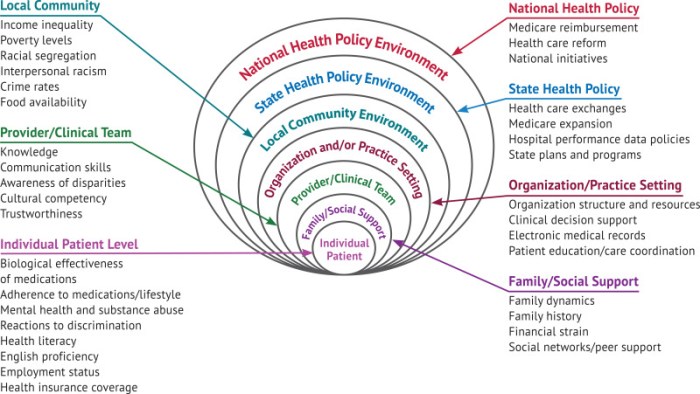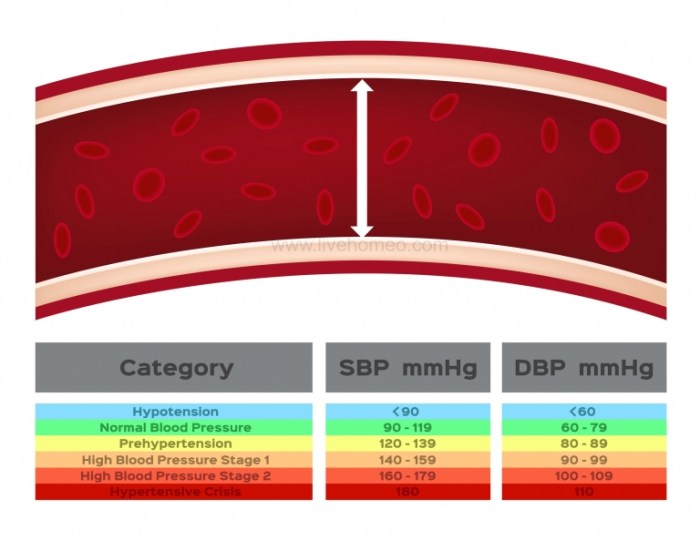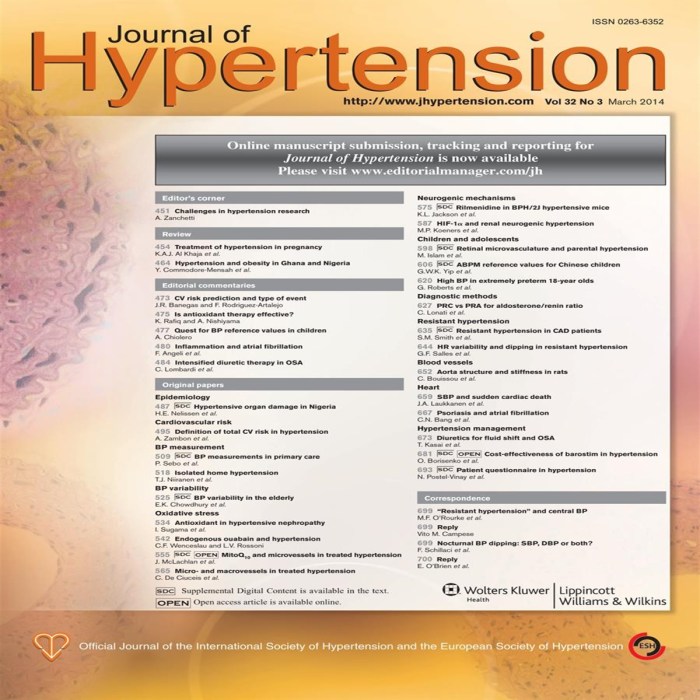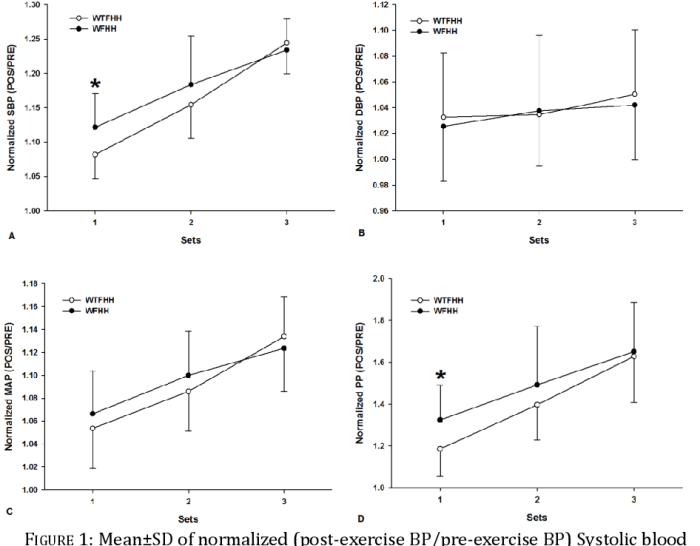Delving into what does hypertension influence weegy, this introduction immerses readers in a unique and compelling narrative, with gaya akademik dengan tone otoritatif that is both engaging and thought-provoking from the very first sentence.
Hypertension, also known as high blood pressure, is a prevalent condition affecting millions worldwide. Its influence extends beyond the cardiovascular system, impacting various organs, including the kidneys and urinary tract. Understanding the mechanisms and consequences of hypertension on the urinary system is crucial for effective management and prevention.
Definition and Overview: What Does Hypertension Influence Weegy

Hypertension, also known as high blood pressure, is a medical condition in which the force exerted by blood against the walls of blood vessels is consistently elevated. It is a major risk factor for cardiovascular diseases, including heart attacks, strokes, and kidney failure.
The causes of hypertension are complex and not fully understood, but several factors have been identified as contributing to its development, including genetics, obesity, lack of physical activity, excessive salt intake, and certain medical conditions such as diabetes and kidney disease.
Hypertension is a global health concern, affecting approximately one in three adults worldwide. It is a leading cause of preventable deaths and a significant contributor to the burden of chronic diseases.
Effects of Hypertension on the Urinary System
Hypertension can have significant effects on the kidneys and urinary tract. The increased pressure in the blood vessels can damage the delicate structures of the kidneys, leading to a decline in their function.
One of the primary mechanisms by which hypertension damages the kidneys is through the thickening of the blood vessel walls. This thickening reduces the blood supply to the kidneys, impairing their ability to filter waste products and maintain fluid balance.
Hypertension-induced kidney damage can manifest in several ways, including proteinuria (excessive protein in the urine), hematuria (blood in the urine), and chronic kidney disease (CKD). CKD is a progressive condition that can eventually lead to kidney failure.
Manifestations of Hypertension in the Urinary System
The signs and symptoms of hypertension-related kidney problems can vary depending on the severity of the damage. In the early stages, there may be no noticeable symptoms.
As kidney damage progresses, individuals may experience increased urinary frequency, nocturia (frequent urination at night), and changes in urine color or clarity. Other symptoms may include fatigue, weakness, swelling in the hands and feet, and high blood pressure.
Regular urine analysis and other diagnostic tests, such as blood tests and imaging studies, are essential for detecting and monitoring hypertension-induced urinary tract abnormalities.
Management and Treatment Strategies, What does hypertension influence weegy
Early detection and treatment of hypertension are crucial to prevent kidney damage. Treatment typically involves lifestyle modifications, medications, and, in some cases, surgical interventions.
Lifestyle modifications that can help reduce the risk of hypertension-related kidney problems include maintaining a healthy weight, exercising regularly, and following a balanced diet low in sodium and high in fruits, vegetables, and whole grains.
Medications used to treat hypertension include diuretics, beta-blockers, calcium channel blockers, and angiotensin-converting enzyme (ACE) inhibitors. These medications work by reducing blood pressure and protecting the kidneys from further damage.
Prognosis and Prevention
The prognosis of hypertension-induced kidney damage depends on the severity of the condition and the individual’s overall health. Early diagnosis and treatment can help slow the progression of kidney disease and improve outcomes.
Regular monitoring and follow-up care are essential for individuals with hypertension to prevent or slow the progression of kidney disease. This includes regular blood pressure checks, urine analysis, and other tests as recommended by a healthcare professional.
Preventive measures that can help reduce the risk of developing hypertension and its associated complications include adopting a healthy lifestyle, managing stress, and avoiding excessive alcohol consumption.
Questions Often Asked
What are the early signs of hypertension-induced kidney damage?
Early signs may include increased urinary frequency, nocturia (frequent urination at night), changes in urine color or clarity, and the presence of protein or blood in the urine.
How can I reduce my risk of developing hypertension-related kidney problems?
Maintaining a healthy weight, exercising regularly, following a balanced diet low in sodium, and managing stress levels can help reduce the risk.
What are the treatment options for hypertension-induced kidney damage?
Treatment options vary depending on the severity of the damage and may include lifestyle modifications, medications, and in severe cases, surgical interventions.


